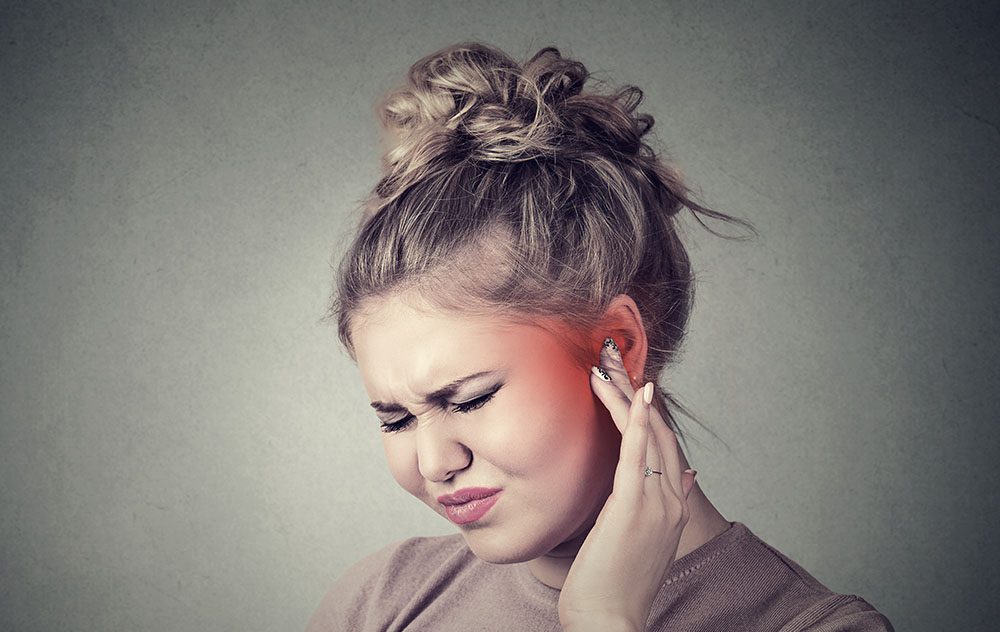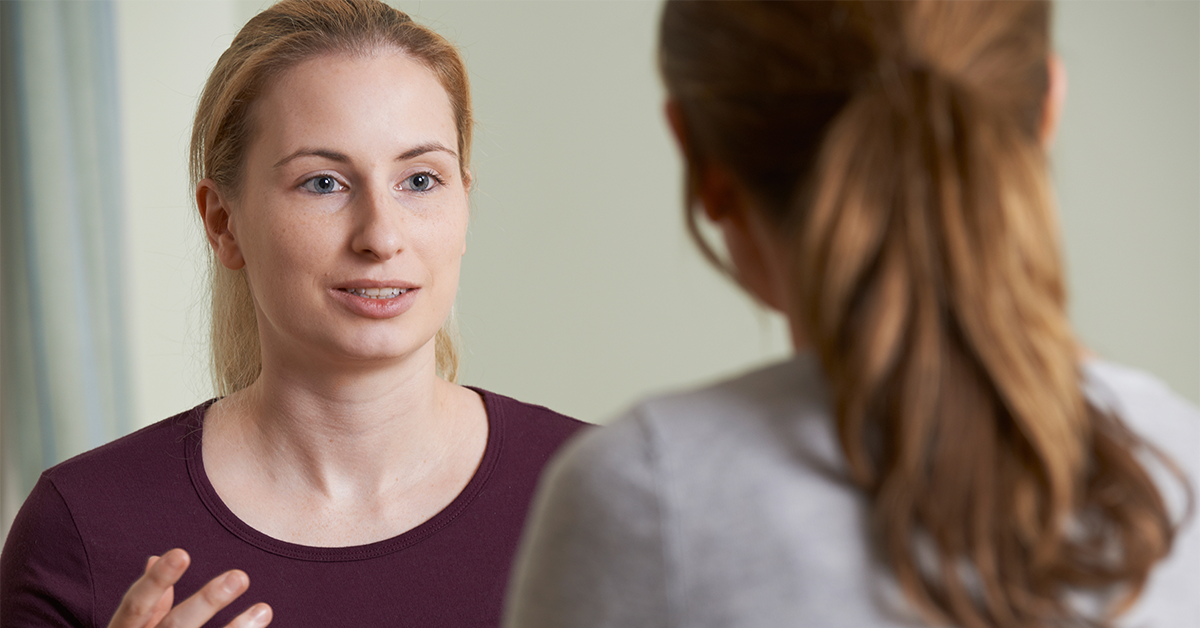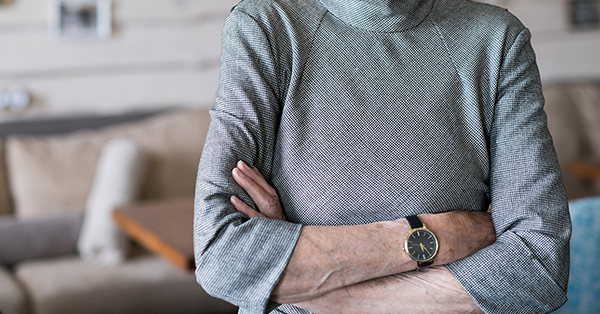I Have Trouble Hearing Because We Are All Wearing Masks! – Live Captioning for Better Communication
Whether you have a hearing loss or not, watching the face


Whether you have a hearing loss or not, watching the face

The Bradley Henry Barnes & Leila Upson Barnes Memorial Trust at the

Though you might consider a discussion of hearing aids batteries to be